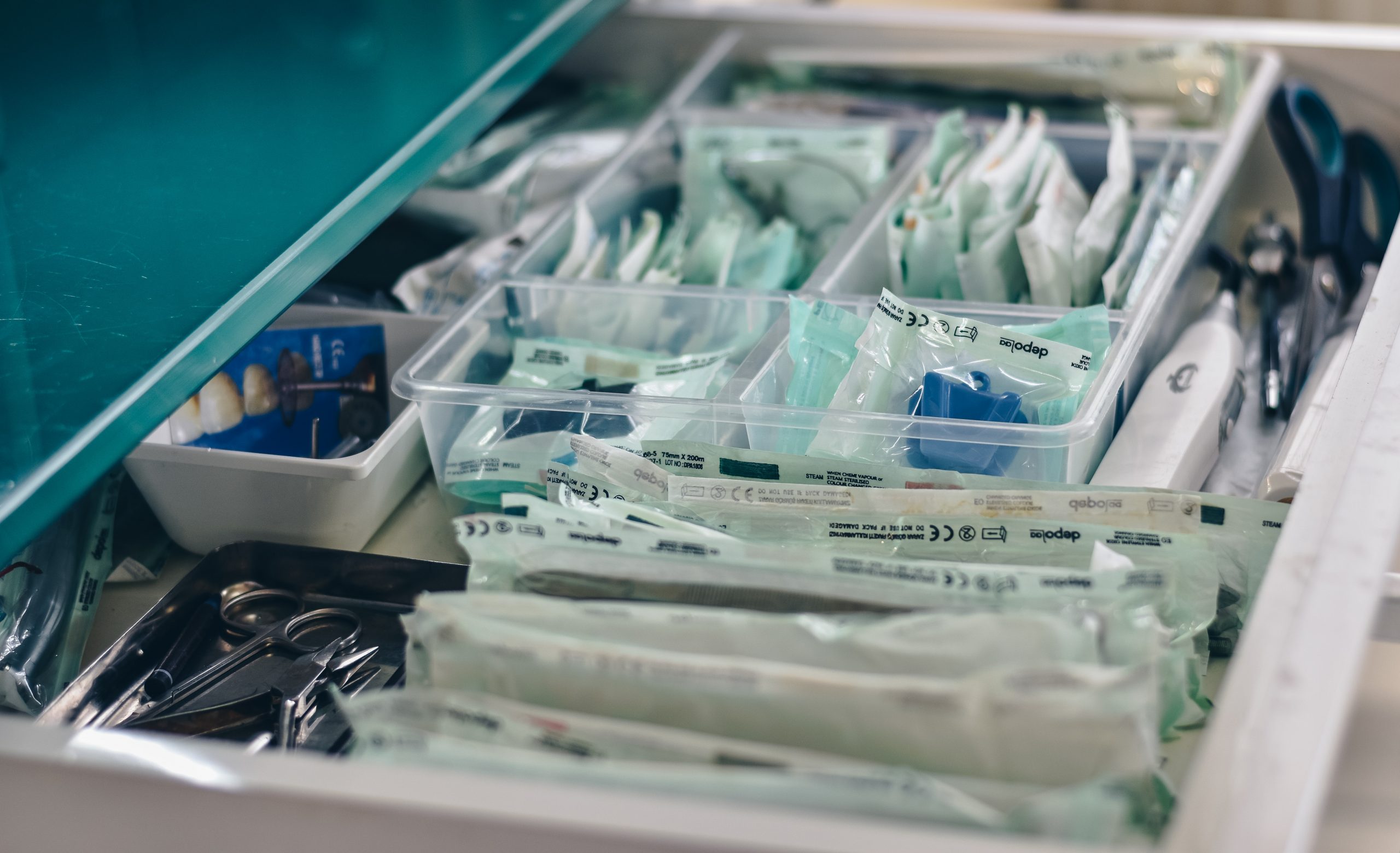Many businesses are considering whether to utilise Covid-19 testing as part of their return-to-the-workplace strategy – to see whether employees currently have the virus or already had it – but these must be used with caution, advises Towergate Health & Protection.
As businesses begin to ramp up activity again, many are looking to Covid-19 testing kits to form part of their return-to-work strategies. Whilst tests can be an important part of this process, businesses need to understand the benefits and limitations of them. Testing is just one part of overall support for employee health and welfare, and businesses need to be mindful to provide support for other areas of mental and physical wellbeing which may have been negatively impacted during the pandemic.
Benefits and limitations of testing
Many businesses are understandably keen to use Covid-19 tests to see whether staff currently have, or have had, the virus; and this can help employers know how to best support their workforce.
With antigen testing, for example, a swab sample from the back of the throat and nose can identify if a member of staff currently has the virus – enabling businesses to act quickly and responsibly by following NHS guidelines and encouraging self-isolation.
Antibody testing can also be used, by taking a blood sample to assess whether an employee has previously had the virus. However, employers must be mindful that there isn’t currently any clinical evidence to prove immunity if someone has had Covid-19 before, or how long any potential immunity may last for.
So it’s important that businesses remind staff who have had the virus before that it doesn’t necessarily make them immune to reinfection, and to stick to government rules – such as social distancing – to continue to minimise the risk of spread.
Some business may still choose to provide antibody testing to staff, perhaps to understand the spread of Covid-19 through their workforce to spot patterns that might indicate high-risk environments, or to build up a profile of staff who have been infected in the event of developments regarding whether or not past infection provides future immunity.
While testing can help to give staff more confidence in returning to the workplace – knowing that the pandemic is being taken seriously – a range of safety measures still need to be in place, such as sanitising stations, socially distanced desks and workstations, or split shifts to reduce the number of staff onsite.
Reputable sources
If tests are going to be used, it’s vital that they are purchased from reputable sources. At present, only Public Health England (PHE) antibody-approved tests are valid and they must be administered by a healthcare professional. The NHS also provides walk-in, drive through and at-home testing kits, if people want to see whether they have a live virus. Antigen testing is also available via private organisations, and it’s imperative that businesses check that it is a reputable organisation before investing. The Government has also recently confirmed that coronavirus tests will not be treated as a taxable benefit in kind.
Supporting overall health and wellbeing
The pandemic may well have taken its toll on the mental and physical wellbeing of employees. So, whilst testing can be an important element of returning to work, it is just one aspect of supporting wider wellbeing. Private medical insurance, cash plans and employee assistance programmes are all coming into their own right now as employers and employees have had their focus drawn to health, providing a range of remote services to support physical and mental health. Now is the time to ensure the benefits are communicated and utilisation is encouraged.
Covid-19 testing is offering businesses a solution to understanding where they currently stand with their workforce, which may help to inform return-to-work strategies. But it’s important businesses understand the benefits and limitations of such testing. And as business adjust to this latest stage of working during the pandemic, it’s important to remember that testing is just one aspect of supporting wider health and wellbeing.









